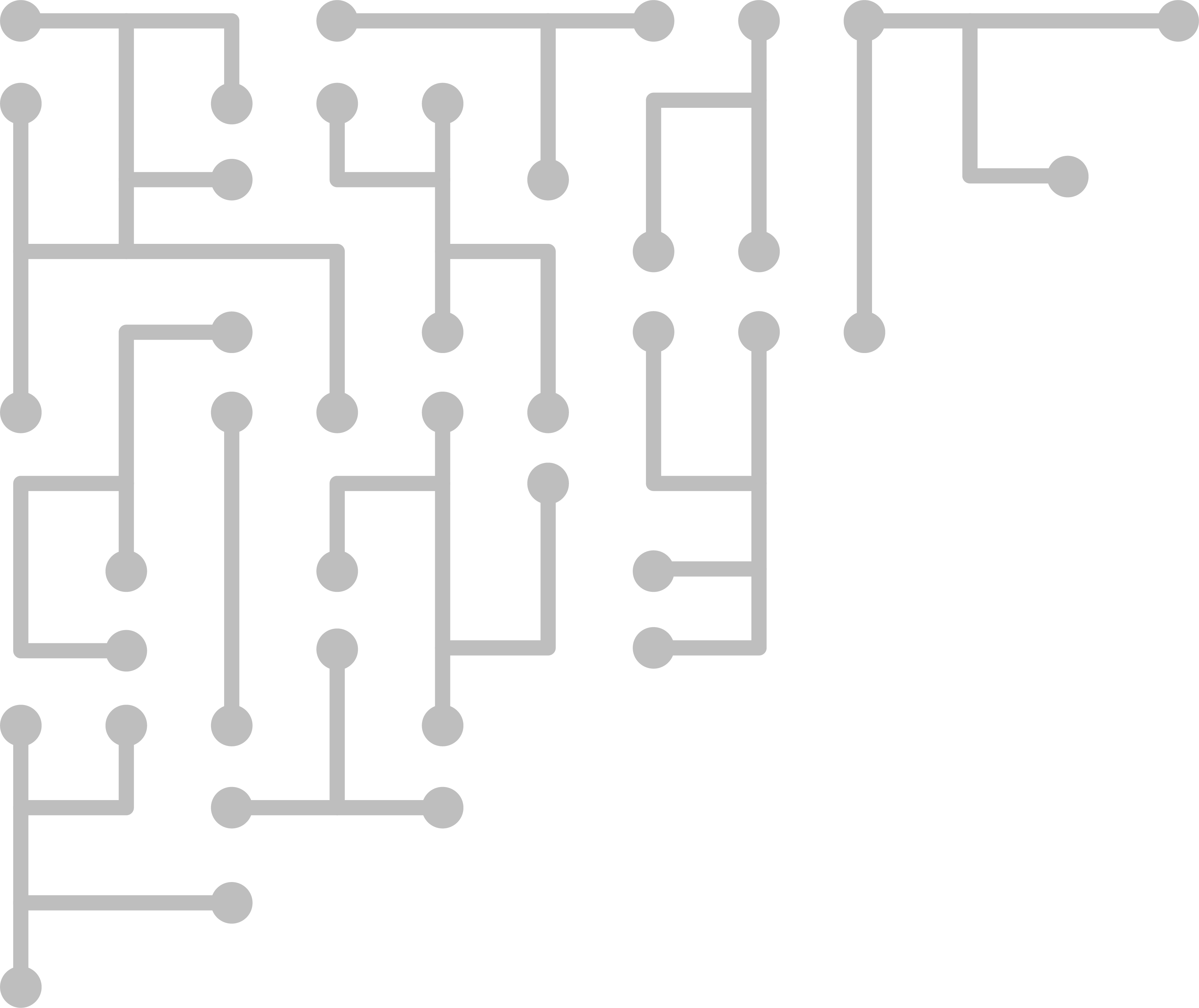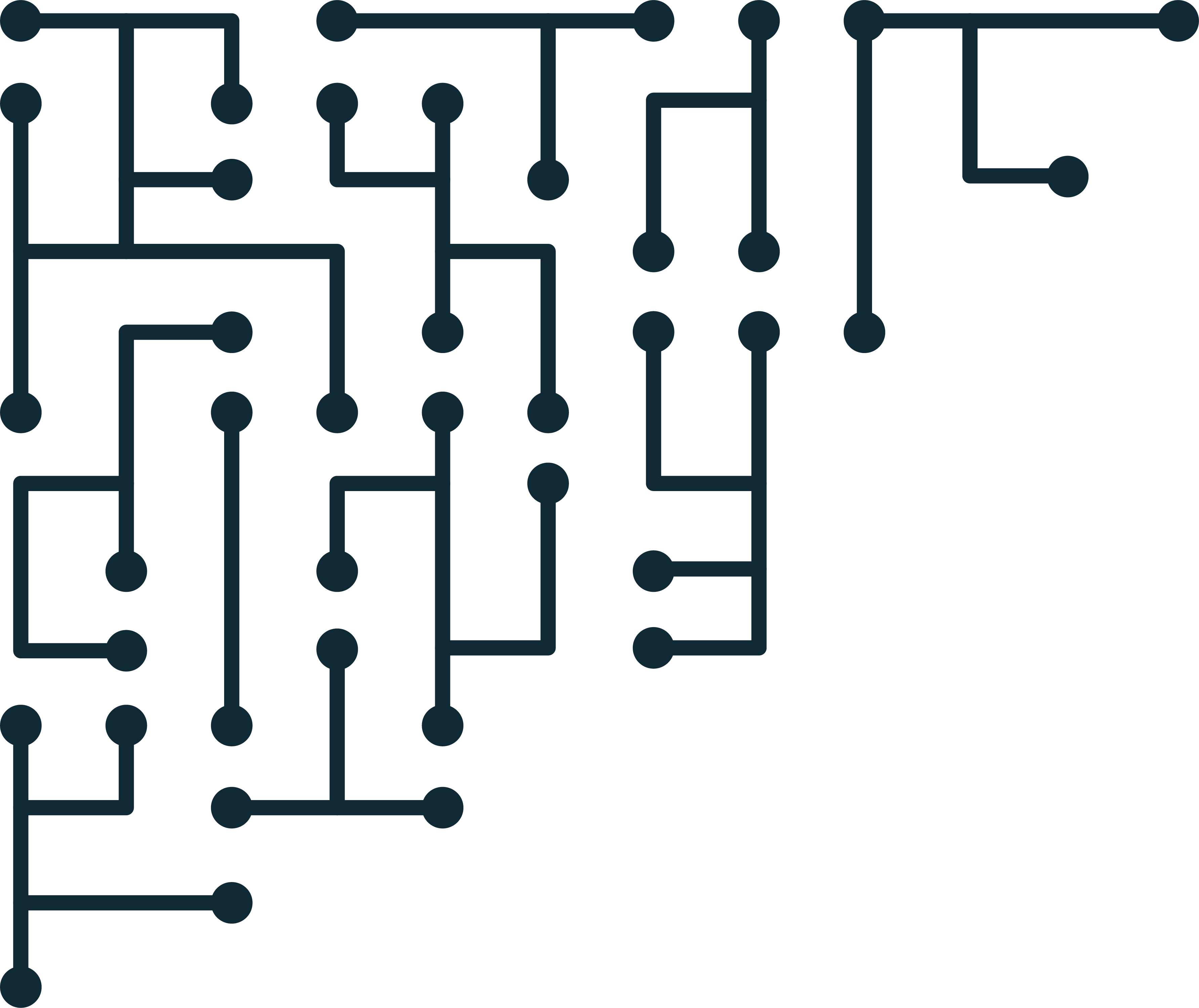[CFP] Digital Forensic Research Workshop EU 2015
Dublin, Ireland on the 23-26 March 2015
- Important Dates:
- Papers / Panels: September 22, 2014
- Presentation abstracts: September 22, 2014
- Demos and singleers: January 12, 2015
- Workshop proposal: October 20, 2014
The DFRWS is dedicated to the advancement of digital forensics research through open sharing of knowledge and ideas. Ever since it organized the first open workshop in 2001, the DFRWS continues to bring academics and practitioners together in an informal environment.
DFRWS conferences publicize and discuss high quality research outcomes selected in a thorough peer review process. In recent years, DFRWS conferences have added practitioner presentations and hands-on tutorials taught by leading experts in the fields. The continued expansion of DFRWS-EU conferences is intended as a focal point for the European digital forensic community, allowing practitioners and researchers to meet and exchange ideas without the need for transatlantic travel.
The proceedings of DFRWS-EU 2015 will be published on the DFRWS Website as well as in a special issue of Elsevier's Digital Investigation journal. We invite original contributions as research papers, panel proposals, work-in-progress talks, tutorial and workshop proposals, and demo or singleer proposals on the following topics:
Topics of Interest
- "Big data" approaches to forensics, including data collection, data mining, and large scale visualization
- Addressing forensic challenges of Systems-on-a-chip
- Anti-forensics and anti-anti-forensics
- Case studies and trend reports
- Data hiding and discovery
- Data recovery and reconstruction
- Database forensics
- Digital evidence and the law
- Digital evidence storage and preservation
- Event reconstruction methods and tools
- Incident response and live analysis
- Interpersonal communications and social network analysis
- Malware and targeted attacks: analysis, attribution
- Memory analysis and snapshot acquisition
- Mobile and embedded device forensics
- Multimedia analysis
- Network and distributed system forensics
- Non-traditional forensic scenarios and approaches (e.g. vehicles, control systems, and SCADA)
- Storage forensics, including file system and Flash
- Tool testing and development
- Triage, Prioritization, Automation: Efficiently processing large amounts of data in digital forensics
- Virtualized environment forensics, with specific attention to the cloud and virtual machine introspection
The above list is only suggestive. We welcome new, original ideas from people in academia, industry, government, and law enforcement who are interested in sharing their results, knowledge, and experience. Authors are encouraged to demonstrate the applicability of their work to practical issues. Questions about submission topics can be sent via email to: eu-papers



